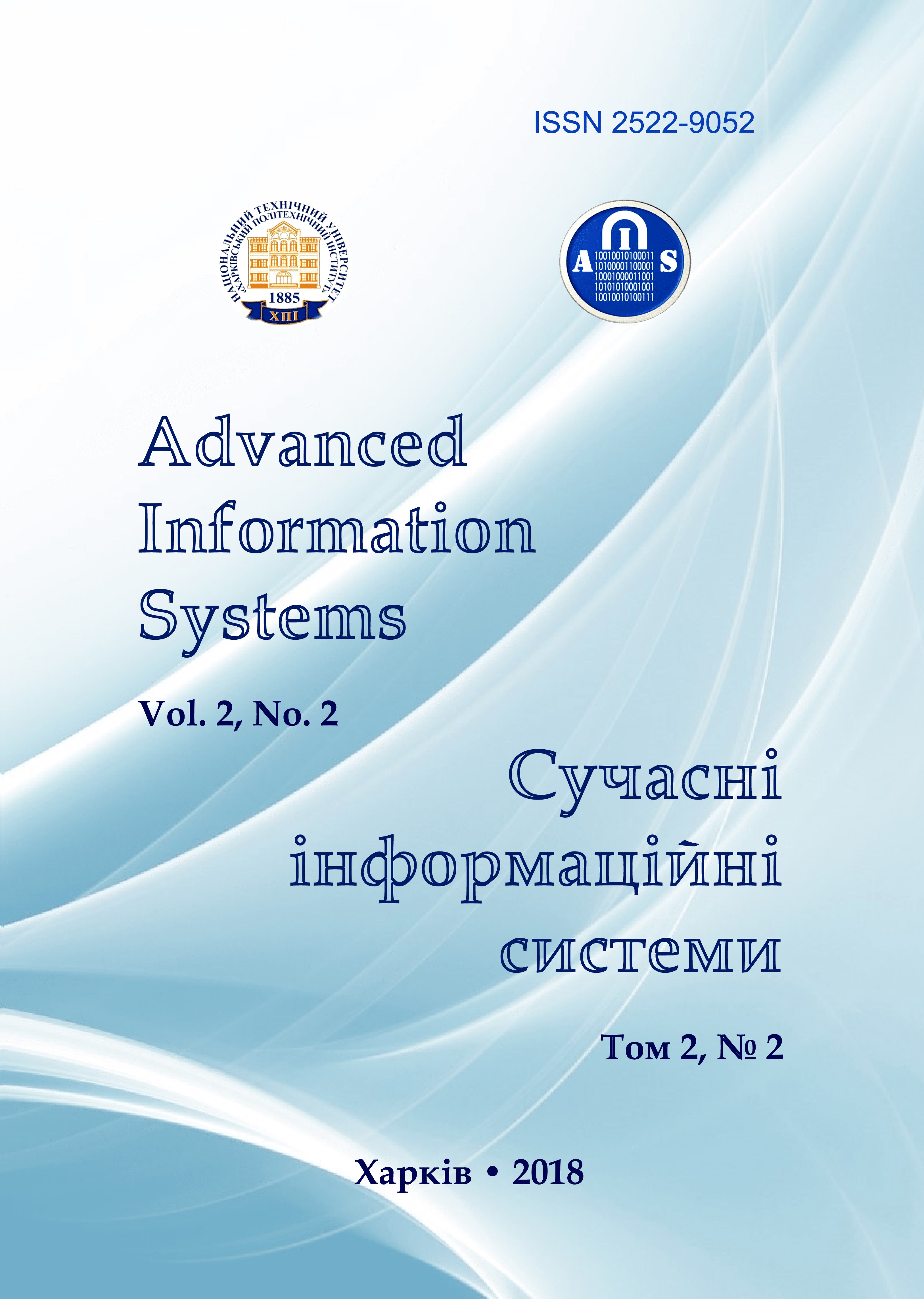THE CONCEPTUAL MODEL OF THE CONSTRUCTION PROJECT TAKING INTO ACCOUNT THE INTERESTS OF STAKEHOLDERS
Main Article Content
Abstract
The subject matter of the article components of the scope of investment and construction projects and the interests of its stakeholders. The goal of the article is to develop the concept of application of the value approach while forming construction projects. The article deals with the following tasks: the impact of the factors of the external and internal situation of the construction project on the process of its management is analyzed, unsolved methodological problems in the field of scope management reviewed, the conceptual model of the construction project is developed taking into account socio-cultural factors. The following methods are used: the methodology of project management, the theory of stakeholders, axiological and system approaches. The following results are obtained: the structure of elements of the scope of the conceptual model of the construction project is developed, taking into account the interests of the stakeholders; the influence of various factors on the scope of the construction project is considered; the environment of the construction project is systematized, numerous factors are classified as external and internal, stable and variable one; the impact of social and cultural factors on the construction project is analyzed; a set of stakeholders in investment and construction projects was defined, this set is divided into groups of direct and indirect impact on the project scope. From the point of view of the degree of the impact of stakeholders on the project and its objectives, indicators according to which stakeholders have their own interests are determined. The scheme is constructed that shows the correspondence of stakeholders to the areas of project interest. Stakeholder interests are suggested to be considered during the full life cycle of the investment and construction project. The scheme of the spheres of the interests of participants in the investment and construction project at separate stages of its life cycle is constructed. Conclusions: When forming the scope of investment and construction projects, the axiological approach should be applied, that is, to take into account the interests of stakeholders that affect the performance of the project during the whole period of the life cycle.
Article Details
References
Balduk, G. P. (2017), "Actuality of determination of the potential of the success of management decisions in the management of investment and construction projects", Managing the development of complex systems, No. 30, pp. 30-38.
Voskobianik, O. P., Shemko, O.V. (2015), "The current state of the problem of technical risk management (risk management) in construction", Collection of scientific works Branch engineering, construction, Poltava National Technical Yuri Kondratyuk University, No. 1 (43), pp. 35-44.
Rich, M. I. (2013), "Values of stakeholders in social and commercial projects", Managing the development of complex systems, No. 13, рр. 45-49.
Skachkov, O., Skachkovа, I. (2018), "Theoretical and methodical toolkit for managing the stakeholders of a project", Innovate technologies, No. 1 (3), рр. 48-53, available at:
http://dx.doi.org/10.30837/2522-9818.2018.3.048
Dotsenko, N. V., Gonchar, I.A., Skrynnik, A.I., Zhebel, Y.Y. (2015), "Instruments of stakeholders management within increase of project viability", No. 2(72), available at: https://www.khai.edu/csp/nauchportal/Arhiv/REKS/2015/REKS215/pdf (last accessed March 11, 2018).
Guseva, Yu.Yu., Martynenko, O. S., Chumachenko, I. V. (2017), "Matrix Model 4R & WS for the classification of the project stakeholders", Bulletin of NTU KhPI. Series: Strategic management, portfolio, program and project management, No. 2, pp. 17–22.
Friedman, A. (2006), "Stakeholders: Theory and Practice", Oxford University Press, рр. 335.
Bushuyev, S. D., Boyko, O.O. (2016), "System integration approaches in management of constrution projects", Management of Development of Complex Systems, No. 26, pp. 43- 48.
Pisarev, D. V. (2011), "Economic analysis of investment and construction project at the stages of its life cycle", Economic Analysis: Theory and Practice, No. 22(229), available at: http://1atoll.ru/?id=628 (last accessed March 11, 2018).
Yaschenko, Y. G. (2011), "Features of goal-setting of the project activity at different levels of maturity of business", Management for the development of complex systems, No. 8, рр. 75-84.
Hrabar, V., Salmakov, M. (2014) Analysis of project stakeholders - methodology, methodology, tools, scientific journal ARS ADMINISTRANDI: The art of management, No. 2, рр. 36-44, available at: http://cyberleninka.ru/article/n/analiz-zainteresovannyh-storon-proekta-metodologiya-metodika-instrumenty (last accessed March 11, 2018).
Selina, V. Р. (2014), "The theory of real options and management of financial risks of developer projects", dissertation for the degree of candidate of economic sciences, Specialty. 08.00.10./ 12, pp.178.
